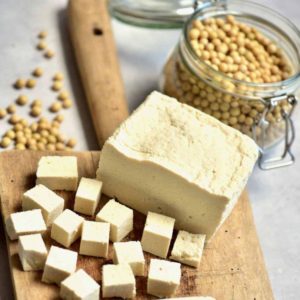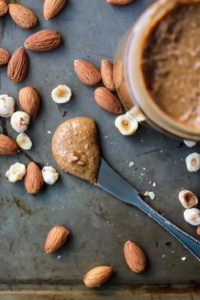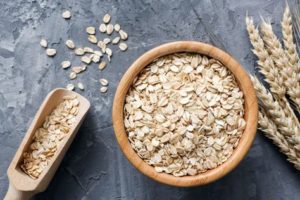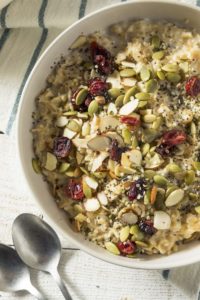Plant-based protein food items
With changing times, we must adapt and invariably inculcate developments in both, our lifestyle and diet. Our bodies and environment are constantly evolving and now with modern science we can comprehend changes. As a result of developments in the food sector and thorough research on nutrition, it has been proven that a vegan diet and primarily, plant-based protein is healthier for our bodies in the longer run.
There are numerous benefits of Plant-based protein and including these in our diet could do wonders for our health.
Benefits of plant-based protein
- Plant-based protein aids in weight loss and regulates it.
- There are fewer ill effects in comparison to other sources of synthetic protein.
- Lower in calories and fats as compared to protein derived from animal products.
- It has a great amount of fibre content.
- Keeps you fuller for longer.
- Promotes healthy muscle gain.
- Good for the gut and digestive health.
- Helps in lowering cholesterol and cardiovascular diseases.
- Makes us feel lighter and look youthful.
Plant-based protein food items
-
Tofu
Tofu is a plant-based protein made from condensed soy milk, pressed into cubes like cottage cheese. It is very high in protein and contains all the necessary nutrients such as fats, carbs, and a wide variety of vitamins and minerals. 100grams of Tofu contains almost 10 grams of protein. It can be incorporated into your diet in various ways. Tofu can be cooked, had with salad and even blended in smoothies. It also helps prevent cancer, diabetes, and heart diseases. Women consuming tofu in their diet regularly are at a lower risk of being detected breast cancer. Along with bone health and weight loss, tofu also has a positive effect on one’s brain functioning.

-
Nuts and nut butter
These are another great source of plant-based protein. Nuts also contain fibre, healthy fats, iron, calcium, magnesium, vitamin E, and certain B vitamins. Another incentive of consuming nuts as a source of protein is antioxidants, among other beneficial plant compounds. You can incorporate nuts in your diet as it is, or opt for nut butter such as peanut butter, almond butter, walnut butter and many more. While buying a nut butter be sure to read the nutrition labels and go for organic brands which do not contain and added sugar, salt or oils.

-
Quinoa
I personally, firmly believe that quinoa is an excellent source of protein for vegans and vegetarians. One cup of cooked quinoa contains approximately 8 grams of protein. Along with good content of protein, it also contains the 9 essential amino acids, which may lack in other plant-based protein food items. You can get experimental with quinoa, make both sweet and savoury dishes, including it in salads, porridge, filling for burger or taco and even substitute it for rice. Along with being a versatile protein superfood, quinoa boasts of many health benefits. It helps in regulating sugar levels, promotes faster metabolism and thus aids in weight loss and good digestive health.

-
Oats
Oatmeal is a fairly rich source of plant-based protein. A single cup of oats contains approximately 6-8 grams of protein, making it a great protein substitute of meat for vegans and vegetarians. Oatmeal is the perfect day-starter and is very easy to incorporate in our diet. Oats can be had with both sweet and savoury toppings. Steel-cut oats and rolled oats are generally considered as more nutritious than instant, processed oats. Along with a good content of protein , oats are also a source of fiber, vitamins and minerals. Oats are known to regulate cholesterol and blood sugar levels.

-
Lentils
Lentil is an underrated source of protein and is often overlooked. A 100 grams of lentil contains almost 9grams of protein. Lentil is a staple in most Indian households. Along with protein it consists of other nutrients like vitamins, high fiber and has antioxidant properties as well. Consumption of lentil lowers the chances of developing heart diseases cancer and also promotes good digestive health.
- Some more sources of plant-based protein: Chia seeds, hemp seeds, peas, chickpeas, spirulina and of course protein-rich plants and vegetables.
Incorporating these plant-based protein sources in your diet and sticking to them can help you achieve a balanced diet and moreover improve your overall health and well-being . It won’t be wrong to say that a plant-based diet is more sustainable in the longer run. With its long list of health benefits you can hardly go wrong with a plant-based protein.


